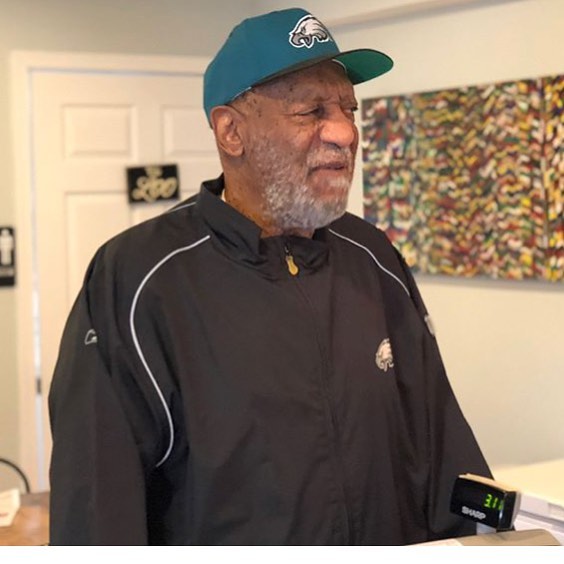By: msn.com
When Bill Cosby was released from prison following the stunning decision by Pennsylvania’s state Supreme Court earlier this week, the media descended on his home in Cheltenham, Pennsylvania.
Later that day, he participated in a brief appearance there, flanked by his attorneys. But the 83-year-old comedian remained silent as his lawyers spoke to the press.
A former booker for a national morning news show says that Cosby is almost certainly being pursued for an interview by multiple networks. Even though he is persona non grata in Hollywood, and much of his prior work has been pulled from TV and streaming platforms (The Cosby Show still streams on Amazon Prime Video, however), his return to the news cycle could be irresistible to a TV news organization looking to give one of its anchors an unsavory subject to grill.
But two recent examples show the limits of those efforts.
In July 2020, during the height of the pandemic, CBS News correspondent Lee Cowan sat down with filmmaker Woody Allen in what was his first one-on-one TV interview in nearly 30 years. Allen, of course, has faced allegations that he abused his adopted daughter, Dylan Farrow.
“To be honest, due to the swirling controversy, the storm of opinion, both pro and con, we gave careful consideration whether to do this interview at all,” Cowan said at the top of the interview with Allen.
While the interview was ostensibly tied to the release of Allen’s memoir, Cowan nonetheless asked about the claims leveled by Farrow. And then the interview never aired. In fact, it sat on the metaphorical shelf at CBS for some eight months, until after the surprise HBO docuseries Allen v. Farrow made headlines.
The network then repurposed the interview for Paramount+, by pairing it with a 2018 interview with Dylan Farrow in which she details the allegations, and with a new segment from correspondent Erin Moriarty in which she “explores the challenges the public faces when respected artists are alleged — or discovered — to have acted in a morally questionable manner.”
It was a segment that could apply just as well to Cosby. If he simply repeats his denials and shows no remorse or regret, is it worth it? Or would the news organization simply be laundering his dismissals?
Or consider another recent interview, one where the newsworthiness was not in question: NBC correspondent Keir Simmons’ interview with Russian President Vladimir Putin. Putin, a former intelligence agent, deflected tough questions about the poisoning and arrest of dissident Alexei Navalny and about political dissent in general by turning them into criticism of the United States.
“We have a saying: ‘Don’t be mad at the mirror if you are ugly,’” he told Simmons. “It has nothing to do with you personally. But if somebody blames us for something, what I say is, why don’t you look at yourselves? You will see yourselves in the mirror, not us.”
Of course, Putin is the leader of a country of some 140 million people, and the interview came ahead of a bilateral meeting with President Joe Biden, making the newsworthiness undeniable.
NBC News followed Cosby’s release by interviewing some of his accusers, and other news outlets have pursued a similar approach.
Thus far, Cosby’s only real “interview” came in a brief chat with Detroit radio host Frankie Darcell. CBS News correspondent Jericka Duncan briefly spoke to Cosby off-camera in his home and described what happened on-air. But with Cosby fresh out of prison, there may be a short window where an on-camera interview fits the newsworthiness bill. The question for news organizations is whether it is worth the inevitable backlash, and whether it may need to be packaged with other context, similar to how CBS handled the Allen interview.
“If someone is there being interviewed, they’re given a kind of legitimacy just by the fact that they’re being interviewed on a big newscast,” art critic Aruna D’Souza said of the Woody Allen interview in the segment that ran on CBS.
As Cosby considers a public comeback, it’s a concern news outlets can’t take lightly.

